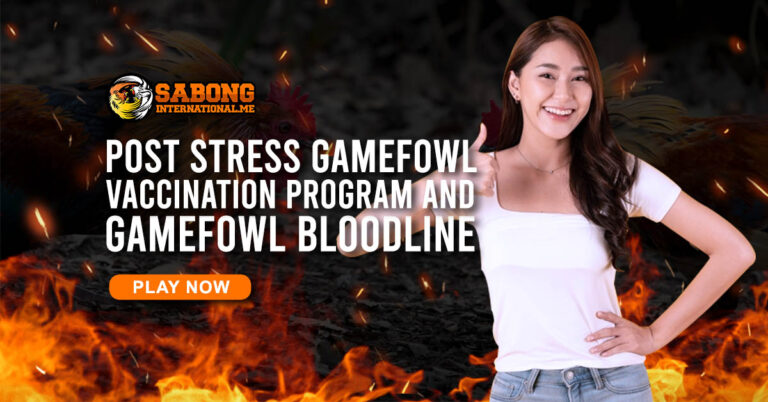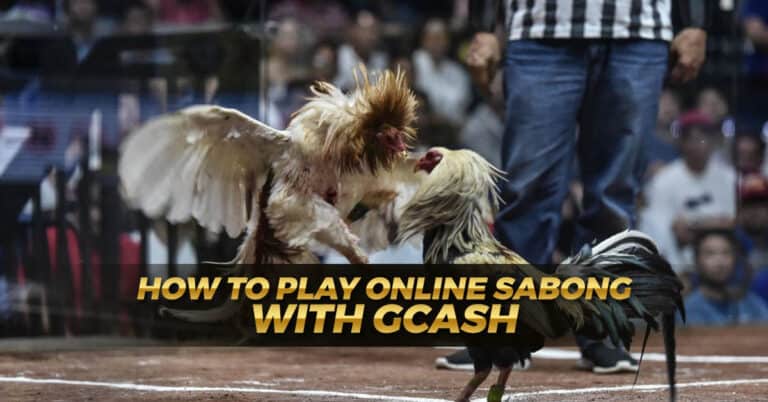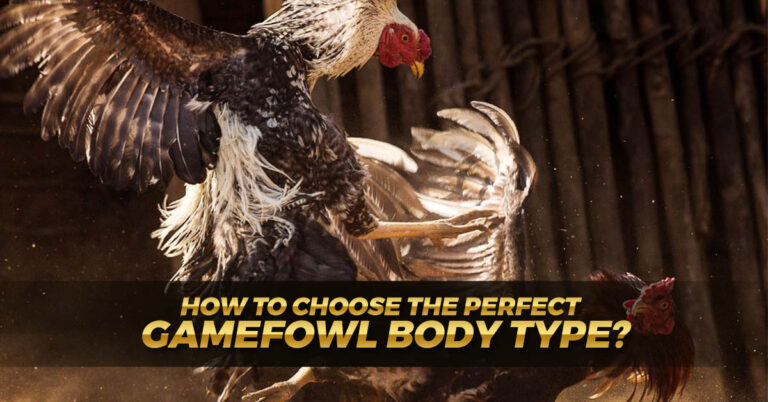The Effect of Parasitic Worms
Parasitic worms pose a significant threat to the health and performance of gamefowl, requiring vigilant care and preventive measures. In this comprehensive guide, we’ll explore the types of parasitic worms that commonly affect gamefowl, their symptoms, preventive strategies, and effective treatments. Let’s dive into the world of parasitic worms and empower e-sabong enthusiasts with the knowledge needed for optimal flock health.

Roundworms

Regarding parasitic worms, roundworms are the most prevalent variety that may be detected in gamefowl. These worms reside in the bird’s intestines, where they feed on the nutrients that the bird consumes. If treatment is not administered, roundworms can lead to digestive issues, malnutrition, weight loss, and even death if they are not treated.
Roundworm infection is characterized by several symptoms, the most common of which are diarrhea, loss of weight, and a diminished appetite. If you believe your gamefowl is afflicted with roundworms, you should take them to the veterinarian as soon as possible. To assist your bird in recovering from the worms, the veterinarian will prescribe medication to kill them.
Tapeworms

One further type of parasitic worm that is frequently found in gamefowl is called a tapeworm. The small intestine of the bird is a potential habitat for these worms, which can develop to a length of up to four inches. In the absence of treatment, tapeworms can result in malnutrition, as well as a loss of weight and even death.
The signs and symptoms of an infection with tapeworms are comparable to those of an infestation with roundworms. If you believe your gamefowl is contaminated with tapeworms, you should take them to the veterinarian as soon as possible. To assist your bird in recovering from the worms, the veterinarian will prescribe medication to kill them.
Gapeworms

The respiratory system of gamefowl is susceptible to infection by a specific type of parasitic worm known as gapeworms. Without treatment, these worms, which reside in the trachea, can lead to difficulties in breathing and perhaps death if they are not removed.
A gapeworm infestation can be identified by symptoms such as difficulty breathing, coughing, and gasping for air. If you believe your gamefowl is infected with tapeworms, you should take them to the veterinarian as soon as possible. To assist your bird in recovering from the worms, the veterinarian will prescribe medication to kill them.
Threadworms

A form of parasitic worm known as threadworm is responsible for causing damage to the ceca of gamefowl. Without treatment, these worms can lead to diarrhea, loss of weight, and possibly death if they are not addressed.
Regarding symptoms, an infestation of threadworms is comparable to those of roundworms. Make sure to take your gamefowl to the veterinarian as soon as possible if you have any reason to believe they are infected with threadworms. To assist your bird in recovering from the worms, the veterinarian will prescribe medication to kill them.
Symptoms and Signs by Parasitic Worms
Recognizing the presence of parasitic worms in gamefowl is crucial for timely intervention and effective treatment. Listed below are the most important symptoms and indicators that point to the possibility of an infestation:

Weight Loss
One of the primary indicators of parasitic worm infestations is unexplained weight loss in gamefowl. Worms in the digestive tract compete for nutrients, leading to a decline in the bird’s overall body condition.
Weakness
Gamefowl affected by parasitic worms often exhibit weakness and lethargy. The energy drain caused by the worms can result in a noticeable decrease in activity levels.
Pale Comb and Wattles
Anemia is a potential consequence of severe worm infestations. Gamefowl with pale combs and wattles may be experiencing a reduced red blood cell count due to blood-sucking worms.
Poor Growth in Young Birds
Young gamefowl with parasitic worm infestations may experience stunted growth and development. The worms impede proper nutrient absorption, affecting the bird’s growth trajectory.
Diarrhea
Diarrhea is a common sign of intestinal distress caused by parasitic worms. The presence of worms can irritate the digestive lining, resulting in loose or watery droppings.
Conclusion
In conclusion, understanding the intricacies of parasitic worms in gamefowl is paramount for responsible ownership. By being aware of the types of worms and their symptoms and implementing preventive measures, gamefowl enthusiasts can safeguard the health and performance of their beloved birds.
Try your luck with Sabong International! Unleash the excitement of the cockfighting world like never before. Join us now to experience top-notch entertainment, live-action, and exclusive perks.










